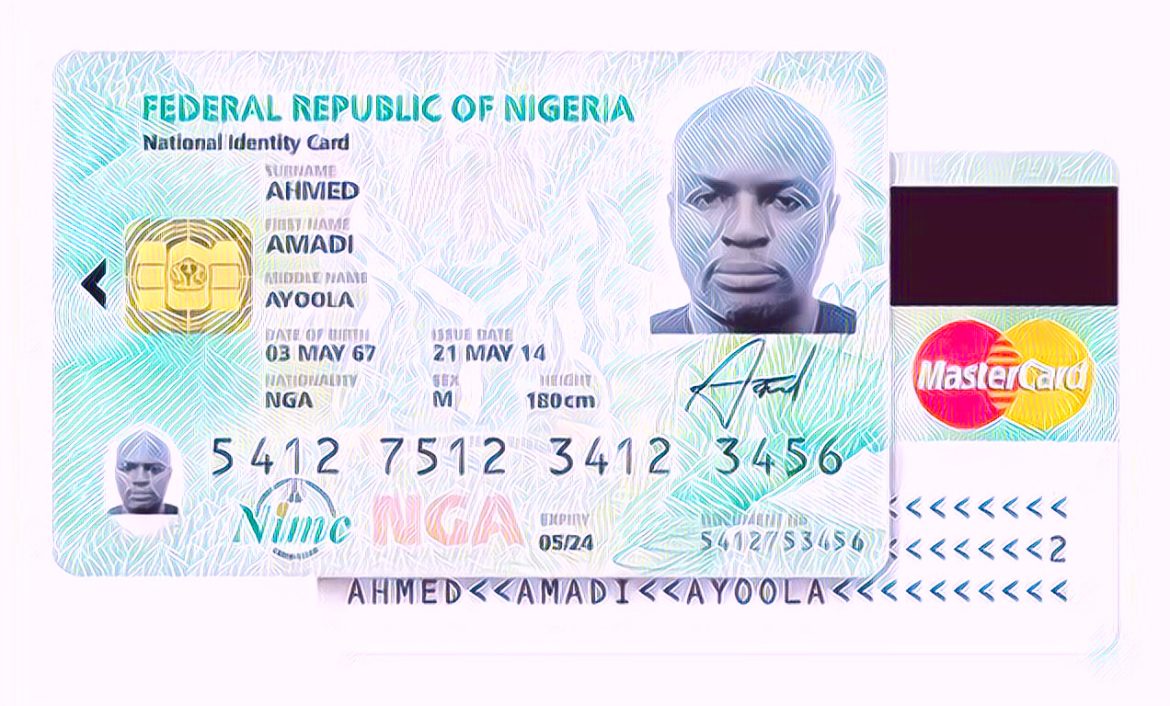In a significant move to enhance national identification and financial inclusion, the Federal Government of Nigeria is poised to roll out three new national identity cards by May this year, targeting approximately 104 million citizens. These innovative cards, developed by the National Identity Management Commission (NIMC), aim to cater to a broad spectrum of societal needs, including financial transactions and social interventions.
Ayodele Babalola, the Technical Adviser on Media and Communications to the Director-General of NIMC, revealed that the new cards include a bank-enabled National ID card, a social intervention card, and an optional ECOWAS National Biometric Identity Card. This initiative marks a milestone in Nigeria’s journey toward a more integrated and efficient system of identification.
The launch of these cards aligns with the government’s efforts to streamline social services and enhance the ease of doing business. The bank-enabled National ID card is designed to serve the middle and upper segments of society, facilitating smoother financial transactions. In contrast, the National Safety Net Card focuses on providing a secure and authenticated platform for government interventions, targeting 25 million vulnerable Nigerians.
Digital and virtual versions of all cards will also be available, ensuring accessibility and convenience for citizens who prefer digital formats. Moreover, the ECOWAS card will be issued in collaboration with the Nigerian Immigration Service to facilitate regional integration and mobility. These initiatives represent a collaborative effort between NIMC, the Central Bank of Nigeria (CBN), and the Nigeria Inter-bank Settlement System (NIBSS), underscoring a unified approach to delivering more innovative and competitive services.
The multipurpose nature of the new ID cards is expected to address various needs, from physical identification and access to services to promoting financial inclusion among marginalized populations. With a clear focus on empowering citizens and encouraging participation in nation-building initiatives, the government aims to allocate these cards to eligible applicants based on the national identification number database.
As Nigeria gears up for this transformative launch, subject to presidential approval, the anticipation grows for the positive impact these cards will have on social inclusion, financial transactions, and national identity verification. This initiative, powered by AfriGo under the auspices of the CBN, is a testament to Nigeria’s commitment to leveraging technology and innovation to drive development and inclusion across all sectors of society.
With the World Bank’s support, Nigeria’s ambitious target of providing digital national IDs to a significant portion of its population by mid-2024 represents a crucial step toward ensuring inclusivity and accessibility for all Nigerians. As the country prepares for the rollout of these three new ID cards, the potential for transformative change in how citizens interact with government and financial services is on the horizon, promising a future where every Nigerian can fully participate in the socio-economic life of the nation.


